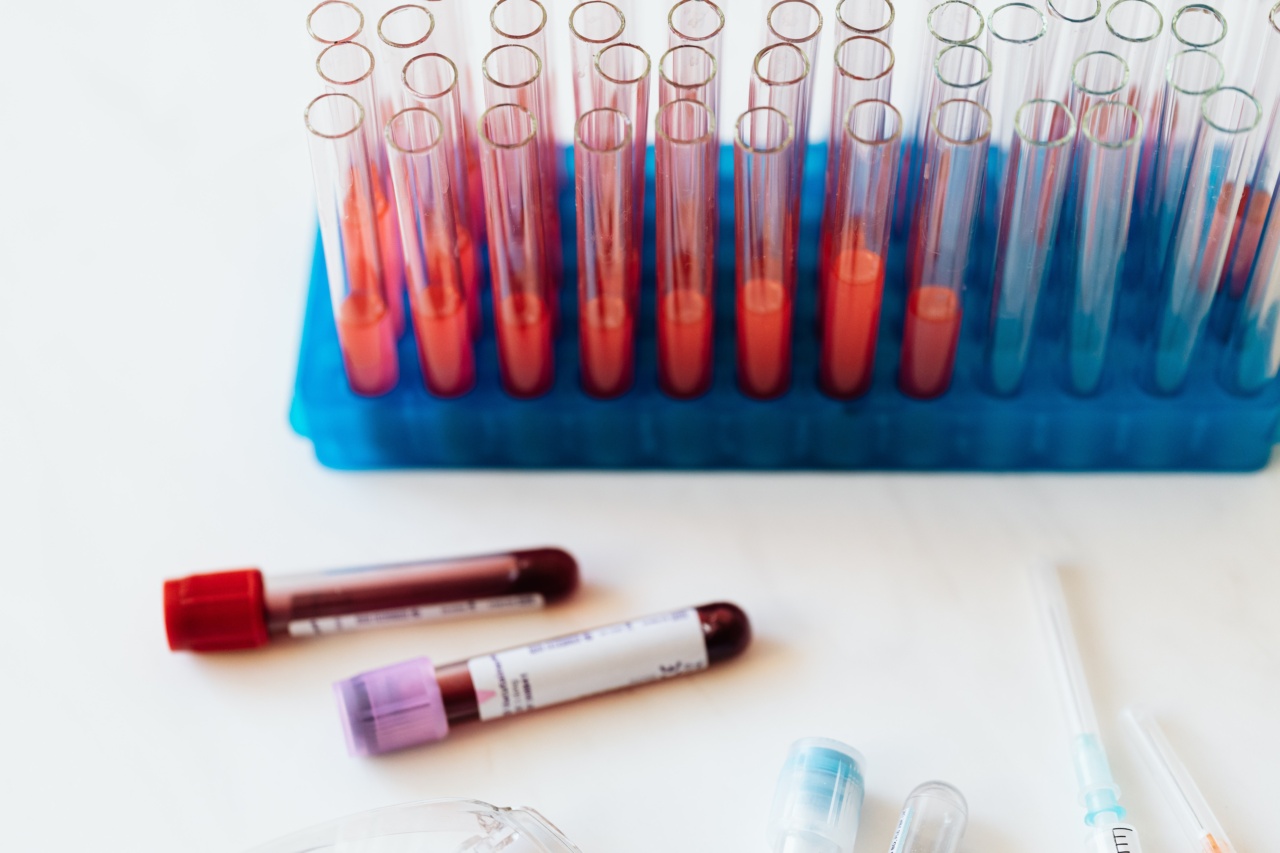High blood pressure, also known as hypertension, is a prevalent health condition that affects millions of people worldwide. If left uncontrolled, it can lead to severe health complications such as heart disease, stroke, and kidney problems.
The good news is that there are effective strategies to prevent and manage high blood pressure. In this article, we will discuss ten essential ways to keep your blood pressure in check.
1. Eat a healthy diet
Your diet plays a crucial role in maintaining healthy blood pressure levels. You should focus on consuming a diet rich in fruits, vegetables, whole grains, lean proteins, and low-fat dairy products.
Limit your intake of processed foods, saturated fats, trans fats, and cholesterol. Additionally, reduce your sodium intake by avoiding high-salt foods and seasoning your meals with herbs and spices instead of salt.
2. Maintain a healthy weight
Being overweight or obese significantly increases the risk of developing high blood pressure. By maintaining a healthy weight, you can lower your blood pressure and reduce the strain on your heart.
Incorporate regular physical activity into your routine and follow a balanced diet to achieve and maintain a healthy weight.
3. Engage in regular physical activity
Regular exercise has numerous health benefits, including helping to regulate blood pressure levels. Aim for at least 150 minutes of moderate-intensity aerobic activity or 75 minutes of vigorous-intensity activity every week.
Additionally, try to incorporate muscle-strengthening activities at least twice a week.
4. Limit alcohol consumption
Excessive alcohol consumption can raise blood pressure levels and reduce the effectiveness of antihypertensive medications. If you choose to drink alcohol, do so in moderation.
The recommended limit is up to one drink per day for women and up to two drinks per day for men.
5. Quit smoking
Smoking tobacco products significantly increases the risk of developing high blood pressure. Chemicals in tobacco can damage the lining of the artery walls and narrow the blood vessels, leading to hypertension.
Quitting smoking is one of the best things you can do for your overall health, including blood pressure management.
6. Reduce stress
Chronic stress can contribute to elevated blood pressure levels. Find healthy ways to manage and reduce stress in your life. Engage in activities that help you relax, such as yoga, meditation, deep breathing exercises, or spending time in nature.
Additionally, ensure you are getting enough sleep as lack of sleep can also impact blood pressure.
7. Limit caffeine intake
Caffeine can temporarily raise blood pressure and heart rate. While the long-term effects of caffeine on blood pressure are still debated, it is advisable to limit your caffeine intake, especially if you are already prone to high blood pressure.
Opt for decaffeinated beverages or herbal teas instead.
8. Monitor your blood pressure regularly
Regular monitoring of your blood pressure is vital in preventing and managing hypertension. Invest in a home blood pressure monitor and measure your blood pressure at least once a week or as advised by your healthcare provider.
This helps you keep track of any fluctuations and enables timely intervention if necessary.
9. Limit processed and high-sodium foods
Processed foods often contain high levels of sodium, which can significantly raise blood pressure. Read labels carefully and choose low-sodium alternatives whenever possible.
Opt for fresh, whole foods instead of pre-packaged meals, and cook your own meals to have better control over the sodium content.
10. Follow medical advice and take prescribed medications
If you have been diagnosed with high blood pressure, it is crucial to follow your healthcare provider’s advice and take any prescribed medications as directed.
Consult with your doctor regularly, attend all follow-up appointments, and inform them of any changes in your condition. Adhering to the prescribed treatment plan can significantly help in managing blood pressure effectively.































